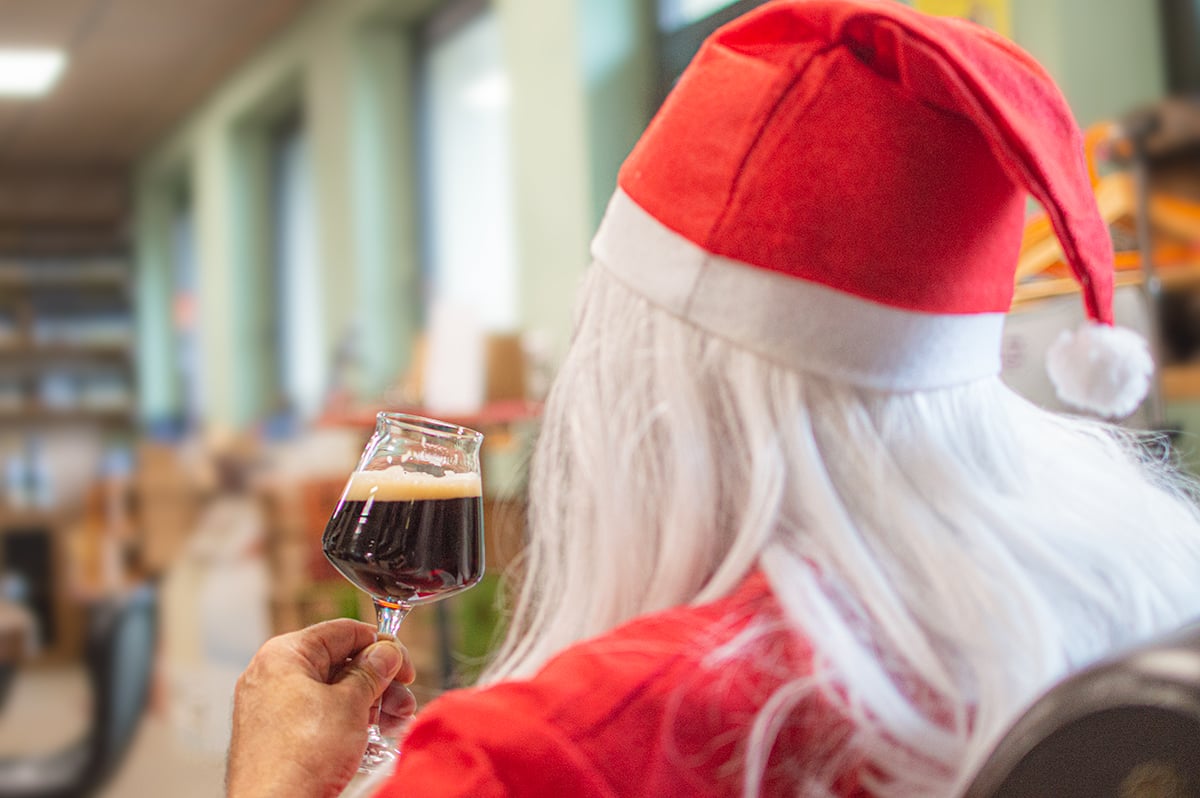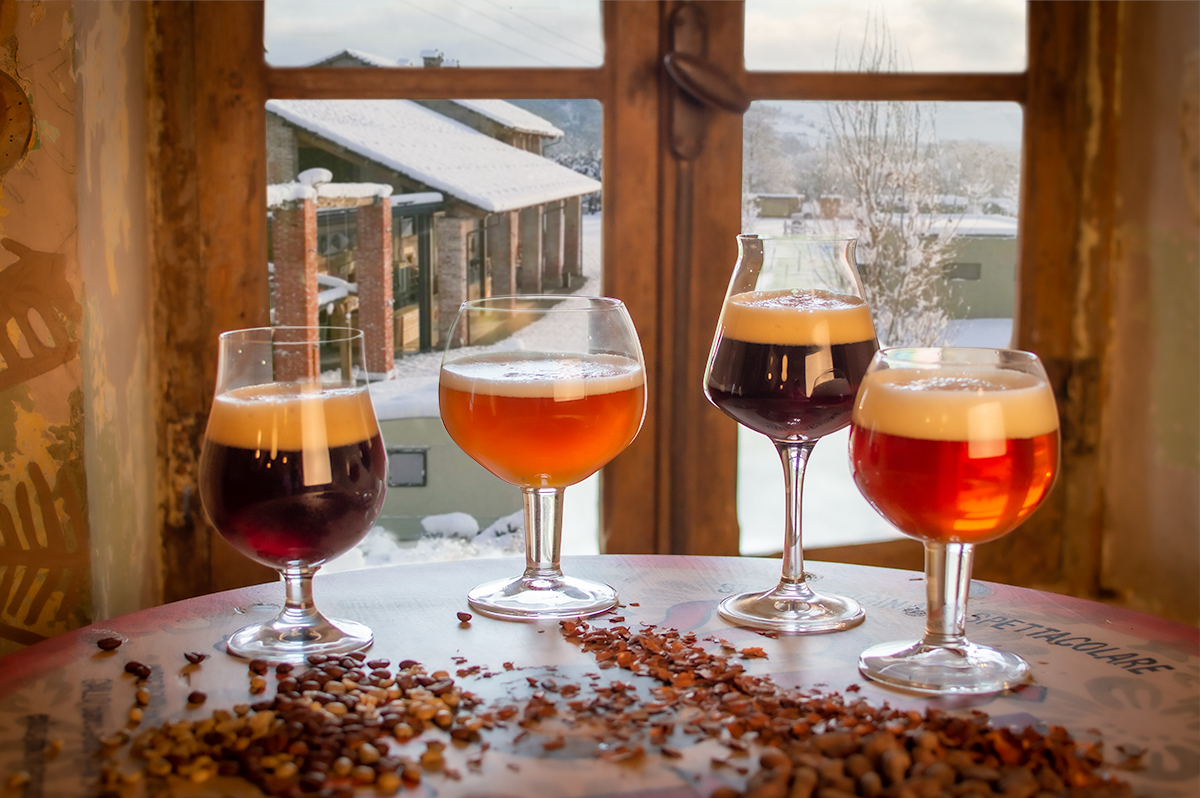What is a Christmas beer? Let's discover it!

What is a Christmas beer? Any special beer that a master brewer decides to make for the Christmas festivities, really.
Such a vague and redundant definition may frustrate the newbie who's recently discovered a passion for beer and is understandably yearning for clear classifications. To look at the positive side of this horror vacui, we can say that the absence of strict criteria and boundaries means that Christmas beers are an opportunity for master brewers to set their creativity free and dare.
In countries with a long beer-making tradition, the habit of making special beers to celebrate the end of the year is very common, but it can lead to very different products at different latitudes.
Weihnachtsbier in Germany and Austria
In Germany and Austria, Christmas beers are usually a special case of Festbier, brewed on the most different occasions: from the anniversary of the brewery to the city patron saint celebrations.
They are usually lagers with a little more malt and a stronger body and alcohol content (around 5.5% ABV) than the beers made daily by the brewery. As in these countries winter is Bock’s season, a Christmas special beer may well be a Weihnachtsbock - a more alcoholic lager (6% to 7% ABV) with scents of chestnut honey and dried plums, with a touch of licorice root.
To pay homage to the Bavarian Reinheitsgebot - no longer a binding law, but still an important reference for all traditional beer makers - German and Austrian Christmas beers never contain spices.
Christmas beers from the United Kingdom
In the United Kingdom, Christmas beers are usually brown and dark Old Ales: top fermented beers with a medium to high alcohol content (over 6.5% ABV). They contain caramel and roasted malts and a good amount of English hops, and can be aged for longer periods of time, as their name indicates.
The balance of tastes comes from the interaction between rich malty notes of shortbread and toffee, a round body and the typical earthy bitterness, like black tea, that comes from the Kent hops.
It is a common habit to add a dash of Christmas old ale to the Christmas Pudding mix, which will then be served with the same beer.
Kerstbier from Belgium
In the imagination of beer lovers, Belgium is the country that is indissolubly linked to Christmas beer, and the reason for this is exactly the lack of any rules and criteria to define what a Christmas beer is.
Between the Flanders and Wallonia we can find hundreds of very different beers created to celebrate Christmas. In fact, Belgium hosts the first and most important festival dedicated to these special products: the Kerstbier Festival in Esen, a stone's throw away from the Dutch border.
The use of specific top fermentation yeasts that give a wealth of fruity (esters) and spicy (phenols) scents, and the addition of spices to further enrich the bouquet are the distinctive features of Belgian brewing. It’s no surprise, then, that Christmas beers celebrate the explosion of this style: coriander, cardamom, cinnamon, ginger, allspice, licorice, cloves, star aniseed, apple puree are just some of the special ingredients used in the recipes of Christmas beers, sometimes inspired by the northern tradition of Gluhwein, or mulled wine.
What should we expect from a Christmas beer, then?
What we can expect from a classic Belgian Christmas beer is a high alcohol content, scents of dehydrated fruit (often dates and dry figs) accompanied by warm touches of spices,. These change from brewery to brewery, just like the choice of malts, which determines the beer color. A structured, yet not too dense body and a sweet taste that is never sickly complete the taste experience.
Belgian brewers, however, are never fond of strict rules. Which means we can also find very dry Christmas beers with no spices at all - a sort of muscular Saison - or even bitter versions, if the brewer is a fan of hops.
The craft beer revolution has created new special Christmas beers all around the world, Italy included, where the rich variety of scents and tastes is even deeper and more intoxicating.




